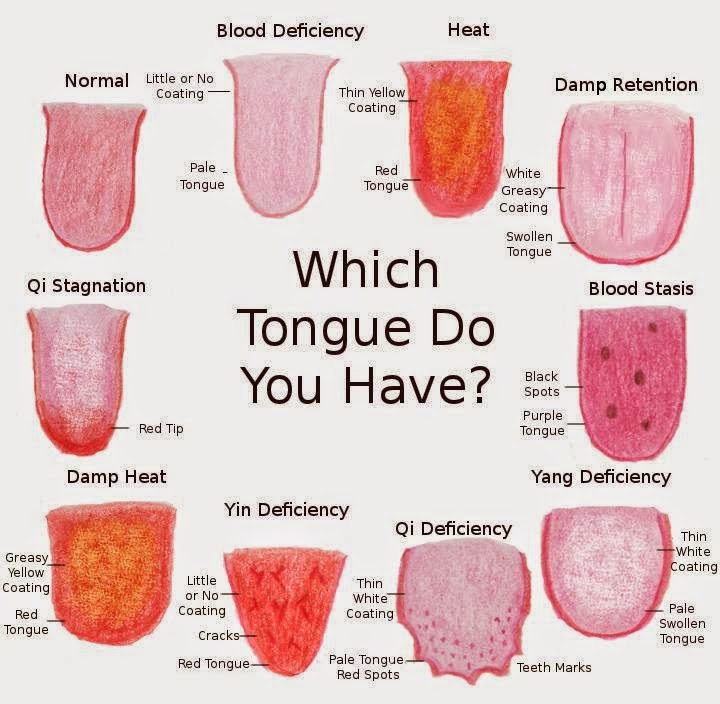Help A Burnt Tongue

The agony of a burnt tongue can be quite debilitating, making every sip, bite, and even conversation a painful ordeal. Whether it’s from a scalding hot coffee, a piping hot pizza, or an unfortunate mishap with a microwaved meal, the discomfort can be intense. As we delve into the world of tongue trauma, it’s essential to understand the anatomy and physiology of this vital organ, as well as the various ways to soothe and heal a burnt tongue.
Understanding the Anatomy of the Tongue
The tongue, a muscular hydrostat, is a complex and highly innervated organ, responsible for taste, swallowing, and speech. Its surface is covered with small bumps called papillae, which contain taste buds that help us experience the five basic tastes: sweet, sour, salty, bitter, and umami. The tongue’s mucous membrane is rich in nerve endings, making it extremely sensitive to temperature, texture, and chemical composition. When we burn our tongue, the damage can extend to these nerve endings, causing pain and discomfort.
The Science Behind a Burnt Tongue
A burnt tongue occurs when the mucous membranes on the surface of the tongue come into contact with a substance that is too hot. This can cause damage to the epithelial layer, leading to inflammation, redness, and pain. The severity of the burn can vary, ranging from a mild first-degree burn to a more severe second or third-degree burn. In most cases, a burnt tongue is a self-limiting condition, meaning it will heal on its own with proper care and time.
Soothing Remedies for a Burnt Tongue
While the tongue has an incredible ability to heal itself, there are several remedies that can help alleviate the discomfort and promote healing. Here are some evidence-based methods to soothe a burnt tongue:
- Cold Compress: Applying a cold, wet compress to the tongue can help reduce the temperature and ease the pain. Wrap an ice cube in a cloth and gently place it on the affected area for a few minutes.
- Honey: Honey has antimicrobial and anti-inflammatory properties that can help soothe and heal the tongue. Apply a thin layer of pure honey to the affected area using a cotton swab.
- Yogurt: The coolness and creamy texture of yogurt can provide instant relief. Choose a plain, unflavored yogurt and hold it in your mouth for a few minutes before swallowing.
- Aloe Vera Gel: Aloe vera has anti-inflammatory and soothing properties that can help calm the tongue. Apply a thin layer of aloe vera gel to the affected area using a cotton swab.
- Salt Water Rinse: Rinsing your mouth with warm salt water several times a day can help reduce swelling and promote healing. Mix 1 teaspoon of salt in 8 ounces of warm water and swish it around your mouth before spitting it out.
Additional Tips for Burnt Tongue Relief
In addition to these remedies, there are several lifestyle changes and precautions you can take to alleviate the discomfort and promote healing:
- Avoid Irritants: Spicy, acidic, or sharp foods can exacerbate the condition. Opt for bland, soft foods like scrambled eggs, yogurt, or mashed bananas.
- Stay Hydrated: Drinking plenty of water can help keep your mouth moist and promote healing.
- Avoid Smoking: Smoking can reduce blood flow to the tongue, slowing down the healing process.
- Practice Good Oral Hygiene: Gently brush your teeth and tongue with a soft-bristled toothbrush to remove bacteria and promote healing.
When to Seek Medical Attention
While most burnt tongues heal on their own, there are cases where medical attention may be necessary. If you experience any of the following symptoms, seek medical help:
- Severe Pain: If the pain is severe and persists even after trying the remedies mentioned above.
- Difficulty Swallowing: If you experience difficulty swallowing or speaking.
- Fever: If you develop a fever or notice signs of infection, such as redness, swelling, or pus.
- Open Sores: If you notice open sores or blisters on your tongue that don’t heal.
Conclusion
A burnt tongue can be a painful and frustrating experience, but with the right remedies and precautions, you can alleviate the discomfort and promote healing. By understanding the anatomy and physiology of the tongue, as well as the various ways to soothe and heal a burnt tongue, you can take the first step towards a speedy recovery. Remember to practice good oral hygiene, avoid irritants, and stay hydrated to help your tongue heal quickly and efficiently.
Frequently Asked Questions
How long does it take for a burnt tongue to heal?
+The healing time for a burnt tongue can vary depending on the severity of the burn. Mild burns can heal within 2-3 days, while more severe burns may take up to a week or longer to heal.
Can I use topical anesthetics to numb the pain?
+While topical anesthetics like benzocaine or lidocaine can provide temporary relief, it’s essential to use them sparingly and under the guidance of a healthcare professional. Overuse or misuse can lead to further complications.
Can I eat spicy food after burning my tongue?
+It’s best to avoid spicy or acidic foods until your tongue has fully healed. These substances can irritate the tongue and prolong the healing process.
Can I use antibiotics to treat a burnt tongue?
+Antibiotics are not typically necessary for treating a burnt tongue. In most cases, the condition will heal on its own with proper care and time. However, if you notice signs of infection, such as increased redness, swelling, or pus, seek medical attention.

